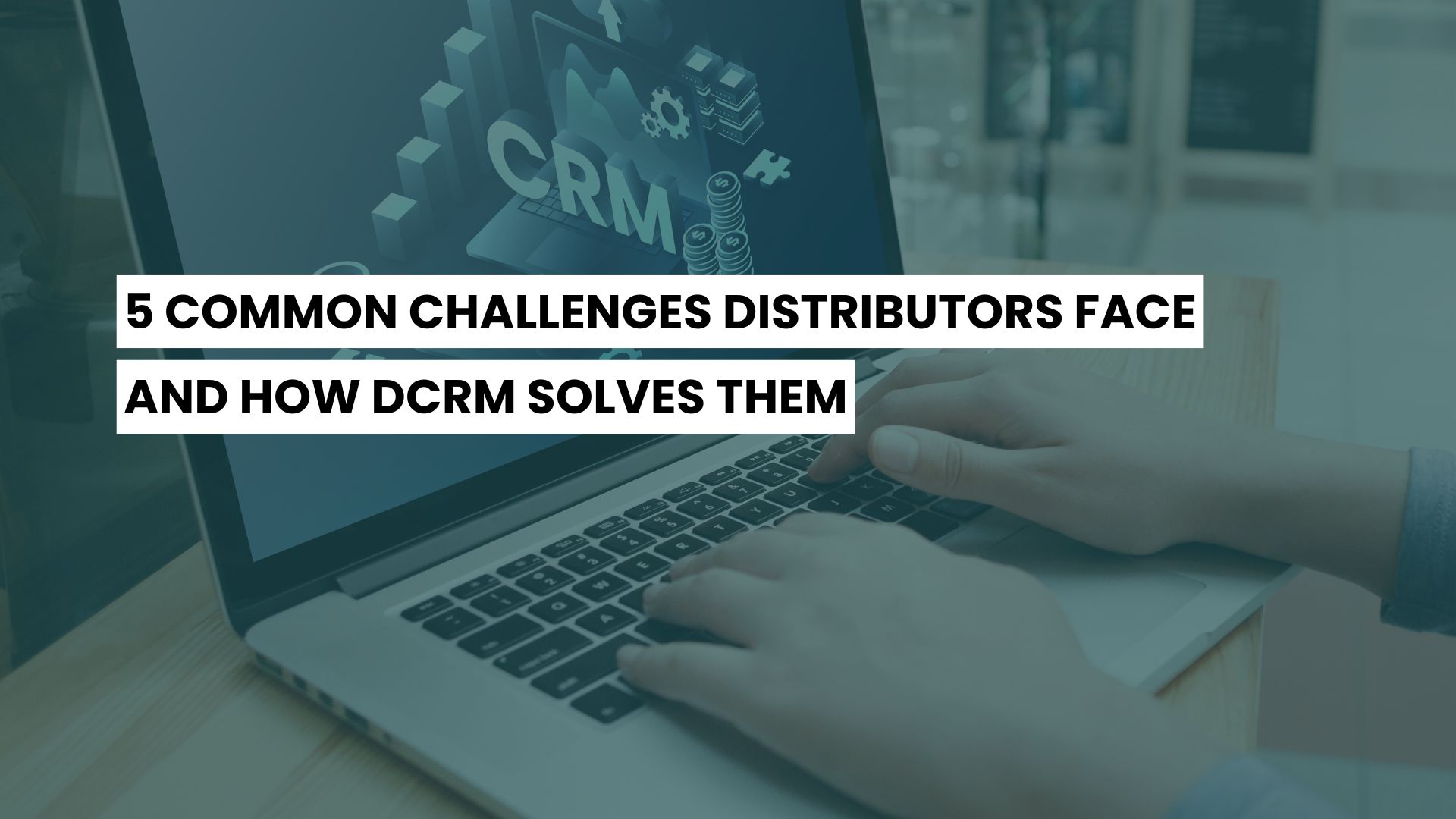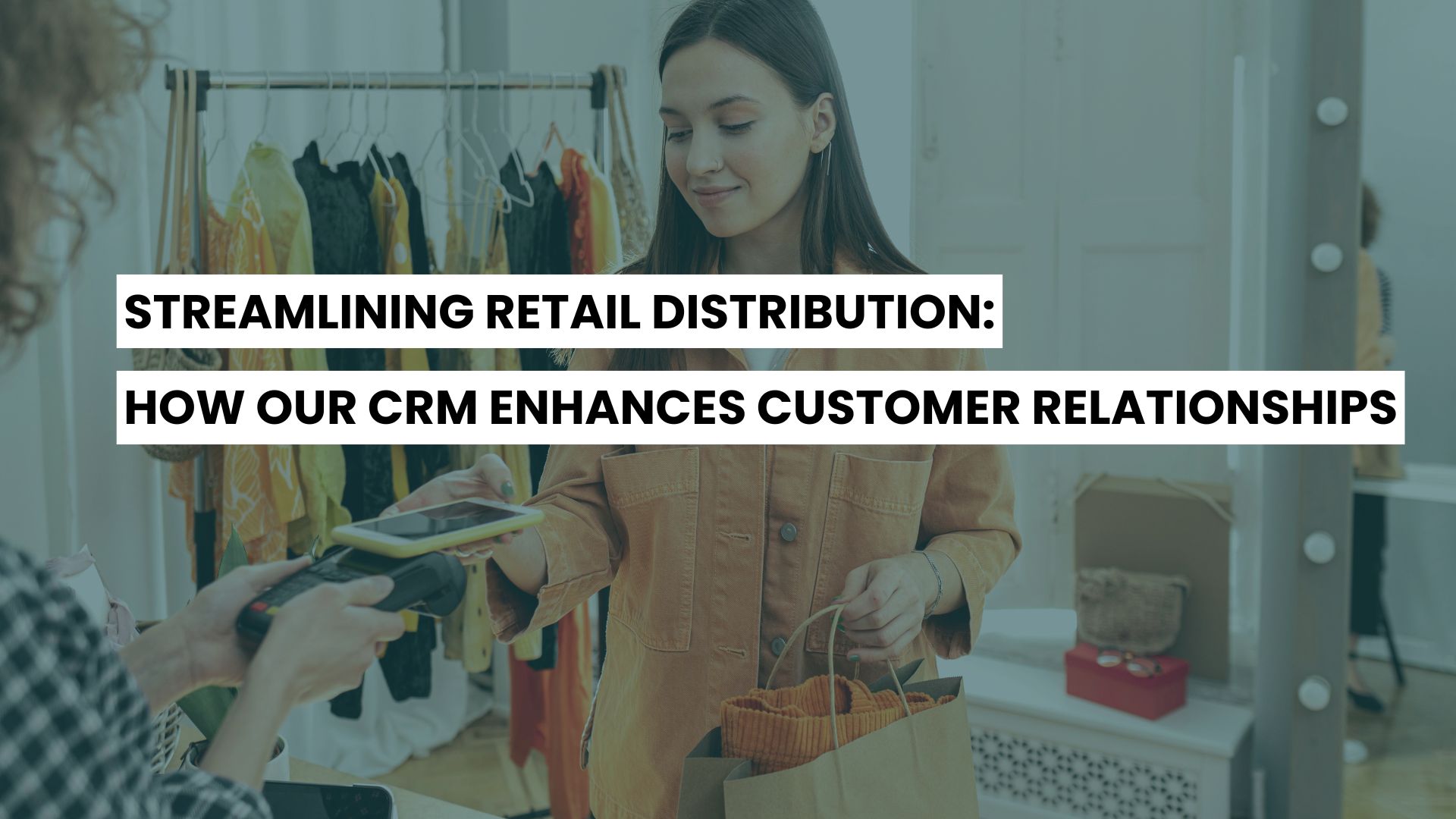In today’s fast-paced business world, the FMCG (Fast-Moving Consumer Goods) sector plays a crucial role in catering to the ever-changing demands of consumers. With the rise of e-commerce, globalisation, and increased competition, FMCG companies are facing new challenges and opportunities. To stay ahead in this dynamic landscape, businesses must embrace technological advancements to optimise their operations and stay relevant. One such technological advancement is Distribution Management Software (DMS), which has revolutionised the way FMCG companies manage their distribution channels and supply chain. In this blog post, we will explore the significant impact of DMS on the FMCG sector and how it is transforming the industry for the better.
Understanding Distribution Management Software
Distribution management software, also known as distribution management systems (DMS), is a powerful tool that streamlines the entire supply chain process, from procurement to distribution and sales. This sophisticated software solution integrates multiple functionalities, including inventory management, order processing, logistics optimization, and sales tracking, into a unified platform. With real-time data analytics and predictive capabilities, distribution management software empowers businesses to make data-driven decisions, ensuring seamless operations and better control over the supply chain.
Transforming FMCG Businesses
1. Efficient Order Processing
Order processing can be a cumbersome task in the FMCG sector, with numerous orders pouring in daily. Distribution management software automates the order processing workflow, eliminating manual errors and accelerating the entire process. This automation ensures that orders are promptly fulfilled, leading to satisfied customers and repeat business.
2. Streamlined Supply
Supply is a critical aspect of the FMCG industry, where timely delivery is non-negotiable. Distribution management software can help to streamline the order process, making it easier to place and track orders. This can help to improve efficiency and reduce the risk of errors. Distribution management software can help to streamline the order process, making it easier to place and track orders. This can help to improve efficiency and reduce the risk of errors.
3. Data-Driven Decision Making
In the digital era, data is king. Distribution management software empowers FMCG businesses with powerful data analytics tools. Distribution management software can generate advanced reports and analytics that can help to identify trends and areas for improvement. This information can be used to make better decisions about supply chain management.
4. Enhanced Distribution Efficiency
Distribution networks in the FMCG sector can be complex, involving multiple tiers of suppliers, distributors, and retailers. DMS facilitates seamless collaboration between these stakeholders by providing a centralised platform for data sharing and communication. It enables real-time tracking of orders, shipments, and deliveries
5. Improved Sales and Demand Forecasting
Accurate sales and demand forecasting are critical for FMCG companies to maintain the right stock levels and prevent losses due to unsold goods. DMS leverages historical sales data and employs advanced analytics to predict future demand patterns accurately. With this valuable insight, companies can align their production and distribution strategies, ensuring that products are available when and where they are needed the most. The ability to anticipate and respond to fluctuations in demand allows businesses to capitalise on market opportunities and minimise the risk of product obsolescence.
6. Real-time Data Analytics for Informed Decision-making
In the fast-paced FMCG sector, the ability to make data-driven decisions can make or break a company’s success. DMS provides comprehensive real-time data analytics, empowering businesses to monitor sales performance, inventory levels, and supply chain efficiency. By analysing this data, FMCG companies can identify trends, consumer preferences, and potential operational bottlenecks. Armed with this valuable information, decision-makers can make informed choices, optimise business processes, and stay ahead of their competitors.
7. Enhanced Customer Relationship Management
Customer satisfaction and loyalty are vital for the success of any FMCG company. DMS plays a pivotal role in improving customer relationship management by providing tools for personalised marketing and effective communication. By capturing and analysing customer data, businesses can tailor their offerings to meet individual preferences and needs. Moreover, DMS enables efficient handling of customer queries and complaints, ensuring timely resolution and bolstering brand reputation.
Conclusion:
As the FMCG sector continues to evolve, embracing innovative technologies like Distribution Management Software is no longer an option but a necessity. DMS offers a plethora of benefits, from streamlining inventory management and enhancing distribution efficiency to improving sales forecasting and enabling data-driven decision-making. By leveraging the power of DMS, FMCG companies can optimise their operations, reduce costs, and deliver exceptional customer experiences. As we move towards a more digitised future, the integration of DMS will undoubtedly be a game-changer for the FMCG sector, enabling businesses to stay competitive and thrive in the ever-changing market landscape.




